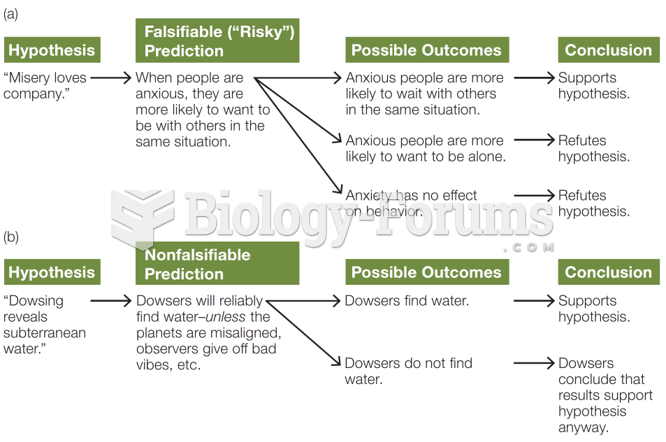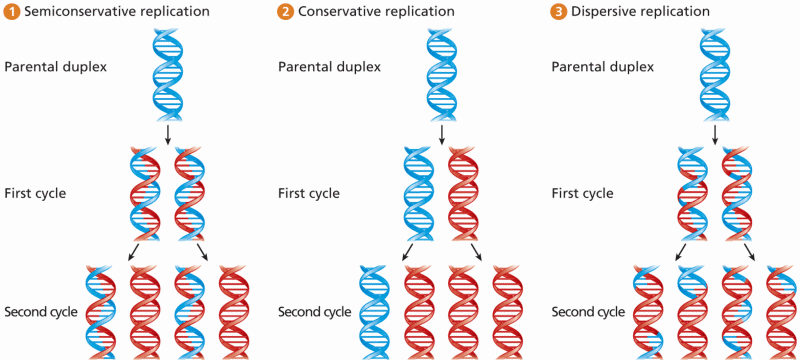Answer to Question 1
This principle was proposed by John Rawls. According to this principle, taking all the costs of income transfer into account, the fair distribution of the economic pie is one that makes the poorest person as well off as possible. The incomes of rich people should be taxed, and after paying the costs of administering the tax and transfer system, what is left should be transferred to the poor. But the taxes must not be so high that they make the economic pie shrink to the point at which the poorest person ends up with a smaller piece. The goal is to make the piece enjoyed by the poorest person as big as possible.
Answer to Question 2
Because firms collect taxes from consumers and send them to the government, the taxes drive a wedge between the price or dollar amount firms receive from consumers and the price or dollar amount they get to keep for selling the good. Firms would like to raise the price by the full amount of the tax. In this case, the price firms receive would stay the same and so the firms would continue to supply the same amount of the product. But as the price rises, the quantity demanded decreases. Hence, if the price rose by the full amount of the tax, the quantity supplied would not change and the quantity demanded would decrease. There would be a surplus of the product. The surplus forces the price downward, thereby making the rise in price less than the full amount of the tax. As a result, in the equilibrium the price generally does not rise by the full amount of the tax.







